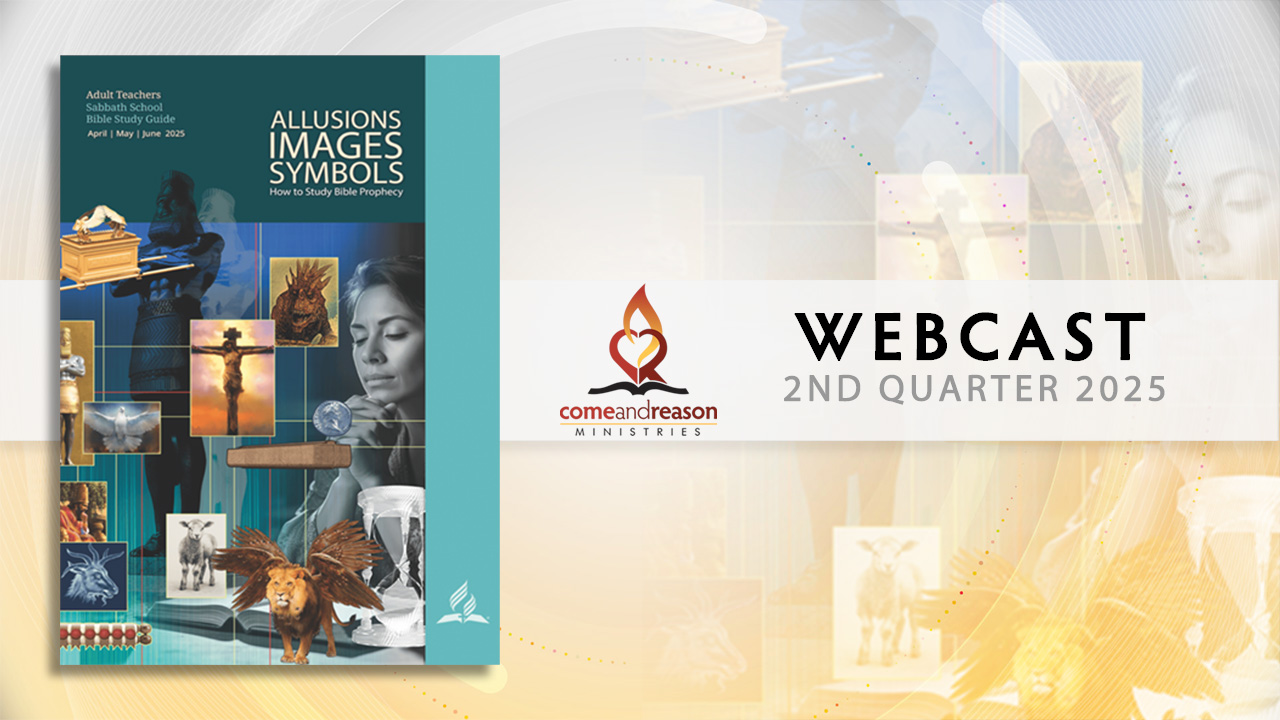Jesus said:
A new command I give you: Love one another. As I have loved you, so you must love one another. By this all men will know that you are my disciples, if you love one another (John 13:34, 35 NIV84).
When Jesus told His disciples that He was giving them a new command to love one another, He did not mean it was a new teaching, principle, directive, instruction, or idea that God had not previously given—but that it was new to them. For God had already instructed His people to:
“Love the LORD your God with all your heart and with all your soul and with all your strength” (Deuteronomy 6:5 NIV84).
And to …
“Love your neighbor as yourself” (Leviticus 19:18 NIV84).
Despite God having previously taught the people to love Him and each other, the followers of Jesus somehow didn’t know it, didn’t understand it, and were not living in love. Therefore, Jesus said His command to love was something new to them.
What about us today? Surely, we Christians have all heard that God is love and that we are to love Him with all our hearts and our neighbors as ourselves. And even more, we know that Jesus told us to love not just our neighbors but also our enemies (Matthew 5:44). Yet, could we also need Jesus’ “new” command to love? Could we be struggling with a similar problem that the disciples had?
From where does this love that Jesus said we are to have for each other originate? Are we, as sinful humans, able to produce this love because God has told us to do so? Is this love something that we have within ourselves and we only need to look inward, to have a better psychological attitude, or to simply choose to love? Or is this love something that only comes from outside of us and we must receive it, be transformed by it, and then choose to act in harmony with it?
Jesus gives us additional insight in John 15:
As the Father has loved me, so have I loved you. Now remain in my love. If you obey my commands, you will remain in my love, just as I have obeyed my Father’s commands and remain in his love. I have told you this so that my joy may be in you and that your joy may be complete. My command is this: Love each other as I have loved you. Greater love has no one than this, that he lay down his life for his friends. You are my friends if you do what I command. I no longer call you servants, because a servant does not know his master’s business. Instead, I have called you friends, for everything that I learned from my Father I have made known to you. You did not choose me, but I chose you and appointed you to go and bear fruit—fruit that will last. Then the Father will give you whatever you ask in my name. This is my command: Love each other (vv. 9–17 NIV84, emphasis mine).
Jesus tells us that love originates in God, that love’s source is God, for God is love (1 John 4:8). This love exists among the Godhead and, thus, God loves Jesus the Son—and this eternal love flows from the Father through Jesus to us. We do not possess this love in and of ourselves, but we receive it in a similar way that we receive the sunshine—it constantly shines down upon us from heaven above.
Yet, just as sunshine, which never stops streaming from the sun, can sometimes be hidden behind storm clouds, so too God’s love, despite never ceasing, can sometimes feel hidden to us as we experience intense emotional storms. It is during those times, when our emotions are raging, when we feel unloved, cut off, abandoned, that we must, like Jesus did, turn to reality as revealed in Scripture and know that God’s love for us never fails and never ceases, just as surely as we know on the stormiest day that the sun continues to shine!
We receive love just as we receive sunshine—by placing ourselves in its rays. On the sunniest day, we can choose to go out in the sunlight, or we can choose to stay in the dark, to cover the windows with blinds, refusing to go outside and cutting ourselves off from the sun. Likewise, despite God’s love constantly flowing from heaven, we can choose to cut ourselves off from it, to stay in the darkness of bitterness, resentment, hatred, bigotry, selfishness, fear, doubt, idolatry, legalistic religious beliefs, entertainment, or various forms of substance-induced stupors.
And when we cut ourselves off from sunlight, we necessarily suffer various forms of physical and mental breakdowns. Likewise, when we cut ourselves off from God’s love and fill our hearts with fear, selfishness, and the numbing but false comforts of this world, we invariably suffer various physical and mental breakdowns.
Thus, our first responsibility to experience the infinite love of God that constantly flows from His throne is to choose to place ourselves in His presence, to abide in His love, to embrace Him as Creator and Savior. We do this by daily spending time with Him, by meditating on Scripture, on God’s revelations of Himself in nature, on reflecting upon, appreciating, and giving thanks for God’s providences and leadings in our own life’s journey, and thanking Him for the many blessings we have received from Him, for it is “from the fullness of his grace we have all received one blessing after another” (John 1:16 NIV84).
In Part 2, we will finish our exploration of Jesus’ new command to love and its application to our lives.
¬Ý









 using your credit or debit card (no PayPal account needed, unless you want to set up a monthly, recurring payment).
using your credit or debit card (no PayPal account needed, unless you want to set up a monthly, recurring payment). instead?
instead?